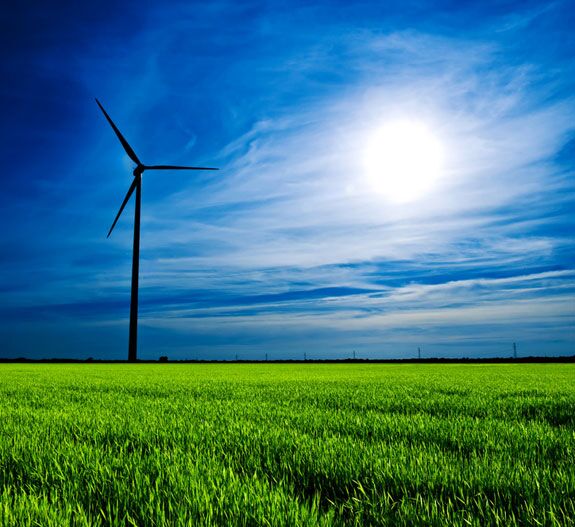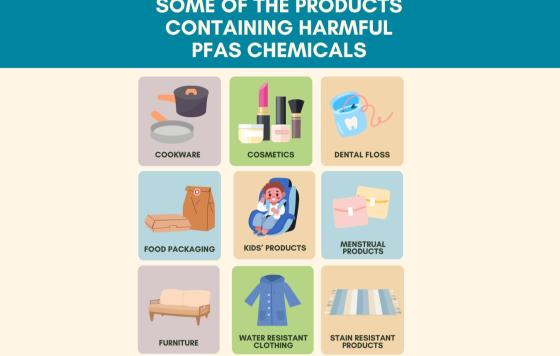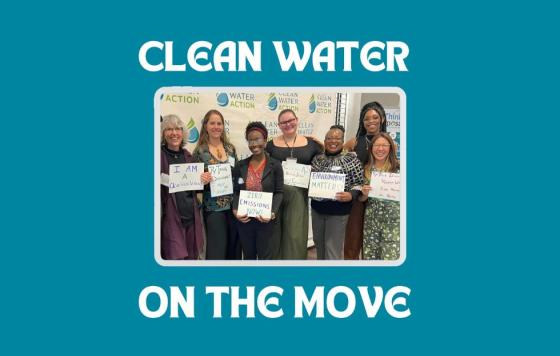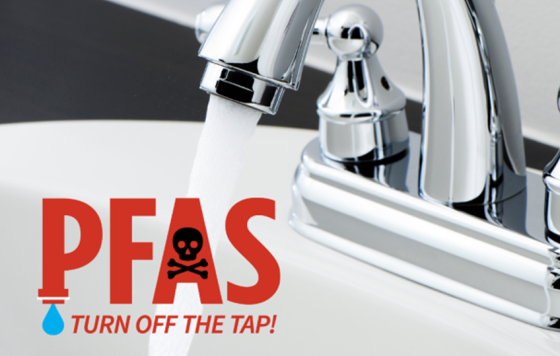
Last Wednesday, I was able to visit the office of the Massachusetts Department of Environmental Protection (MassDEP) for the first time with Clean Water Action. The MassDEP was hosting a day of meetings to discuss potential regulations and limits for reducing greenhouse gas (GHG) emissions in the Commonwealth with their stakeholders. Present at these meetings were several environmental non-profit organizations, staff members from the MassDEP, MassDPU, and MassDOT, and an audience of concerned citizens.
The meetings were held in response to a court decision, Kain v. DEP, and a recent Executive Order (EO 569) from Governor Baker which instructed the Executive Office of Energy and Environmental Affairs to address their existing efforts and develop new techniques for reducing GHG emissions and building increased resilience to the impacts of climate change. EO 569 was created with the objective of ensuring that the Commonwealth is on track to meet the 2020 statewide emissions limit mandated by the Global Warming Solutions Act (GWSA).
Throughout the day, a variety of energy topics were covered, including: gas-insulated switchgear, new requirements for transportation and the state vehicle fleet, and methane leaks from the natural gas distribution system. The day wrapped up with an open question and answer session for all attending. After hearing from the MassDEP speakers and the stakeholders present at the meetings, there was a clear and sudden sense of urgency in enhancing GHG emission mandates for MA. However, the strong and general opinion of the stakeholders in the room was that the MassDEP and the Governor were not being strict enough. Concerns arose about what our energy regulations would look like after 2020 and whether energy efficiency would continue to be on the forefront of the Commonwealth’s agenda once the date is reached.
Additional frustrations and concerns were voiced surrounding the impressive number of methane gas leaks still going unfixed in the natural gas infrastructure. Questions arose regarding the accuracy of data on the number and severity of gas leaks around the state. Concerns over discussions about increasing pipelines in the state clearly rattled many stakeholders.
At the end of the day, the MassDEP appeared to be taking steps in the right direction but stakeholders and environmental NGOs left with obvious concerns about the effectiveness of these proposed regulations and frustration over the apparent lack of an agenda focused more on clean energy alternatives for MA.
Written comments on the MassDEP session can continue to be submitted to climate.strategies@state.ma.us until November 16, 2016. View materials from the presentations here.


